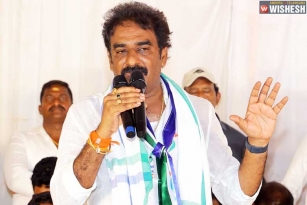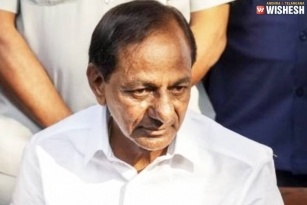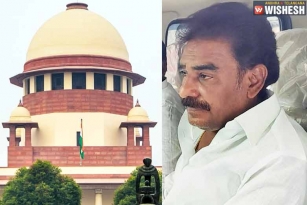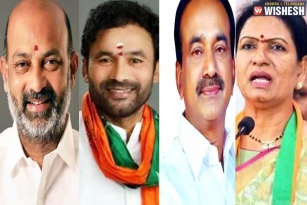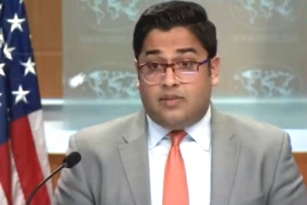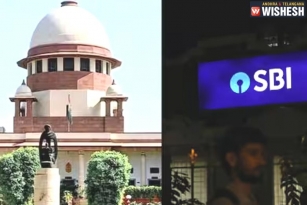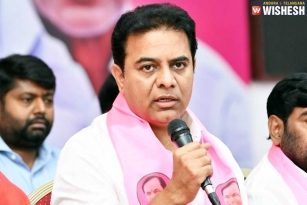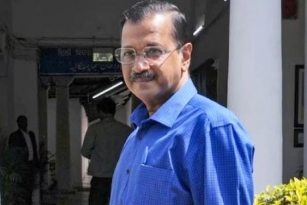
International Monetary Fund has said there is no reason why India could not resume an eight or nine per cent or even higher growth rate in the coming years. "There's certainly no reason why India could not resume 8, 9, even higher growth path going forward, but it will take some time to introduce these measures," Assistant Director and Mission Chief for India in the IMF's Asian and Pacific Department, Paul Cashin told.
Fund's Senior Resident Representative, Tom Richardson, said, "We have for a couple of years and continue to urge a whole set of structural reforms that are going to be business-friendly, going to be growth enhancing, including particularly in the power sector." "In addition, land acquisition, land rights going to be very important to clarify that and to move forward in a way that allows projects to kind of be initiated clearly and implemented. We see a number of agricultural sector reforms to improve the efficiency of the farm sector more generally." "Finally, from an infrastructure standpoint, a lot of the infrastructure will have to be public infrastructure," he said.
"On the domestic side, we still see weaknesses in the public sector banks in terms of NPLs and so on. Also, corporate balance sheets, given the amount of external borrowing, could also pose risks to the economy," he said. "On the upside, if oil prices continue at their low level, and even maintain longer than current projections indicate that would be an upside risk for India, and would definitely help contain inflation and both external and fiscal imbalances," he added. "The actual projection, just to make clear, is for this fiscal year, 14-15, we're projecting around 7 1/4% growth. It's next fiscal year we're projecting 7 1/2, 15-16," he said.
Cashin also said, "We certainly see India's near-term growth has improved and the balance of risks is now more favorable in the economy. Helped by, increased political certainty, some good policy actions and better business confidence." "In terms of risks we see the main external risk to India being from a resumption of global financial market volatility. But we also recognise that India is much better positioned to deal with such volatility than it was in the middle of 2013. The current account deficit is much smaller now and India has bulked up on reserves which they can certainly use to smooth consumption in the presence of such shocks," Cashin said.
"So we would support that continuing as the fiscal deficit comes down. Hopefully that would improve monetary policy transmission in the financial system," Cashin said.
By Premji


